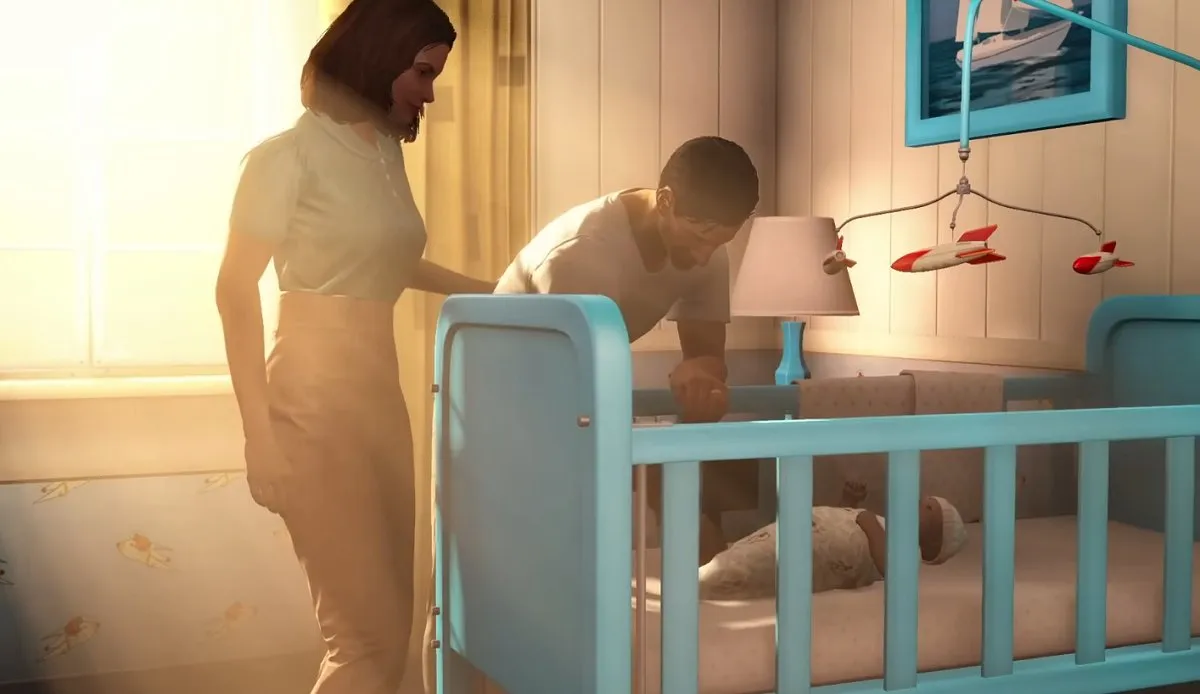For better or worse, Zynga is a powerhouse in the gaming industry. Thankfully, though, not powerful enough to gobble up other popular gaming studios. A recent piece in The New York Times states that Zynga tried to buy Rovio, developer of Angry Birds, for $2.25 billion, as well as tried to buy PopCap, developer of Bejeweled and Plants vs. Zombies, for $950 million. Both studios said no, and The New York Times claims they refused because of what they felt were negative company practices over at Zynga. Remember, Zynga is evil.
The New York Times article claims that, aside from the recently revealed practice of forcing its employees to give back stock or face termination, both PopCap and Rovio were displeased with various management practices Zynga employs, such as expecting employees to work long hours under constant surveillance from upper management, with those seen as underperforming risking their jobs.
The article also states that due to Zynga’s growing negative reputation, it is facing a talent drain — potential people won’t be attracted to the company due to the storied harsh employee conditions, and those currently with the company will be less likely to stay. With the recent ultimatum of “give back your stock or get fired” Zynga issued to some employees, this assessment of the direction of their future reputation is probably spot on.
The fact that Zynga offered more money to PopCap, but PopCap went with a smaller deal from Electronic Arts — a company that hasn’t exactly had the best reputation in the gaming industry — really shows what fellow game developers think of Zynga. Regarding PopCap, they took around $200 million less to go with another company generally seen as evil.
Of course, Zynga is doing fantastically in the games scene, whether or not generic toil simulators available on social networks are your cup of tea, so though their reputation keeps growing worse, it’s also probably a good bet that the more their revenue grows, the more they can deal with an evil reputation.
(The New York Times via Eurogamer)
- Zynga told its employees to give back stock or get fired
- Zynga’s motto is “Do evil”
- Unsurprising then, that they’re buddy-buddy with Facebook








Published: Nov 28, 2011 02:45 pm